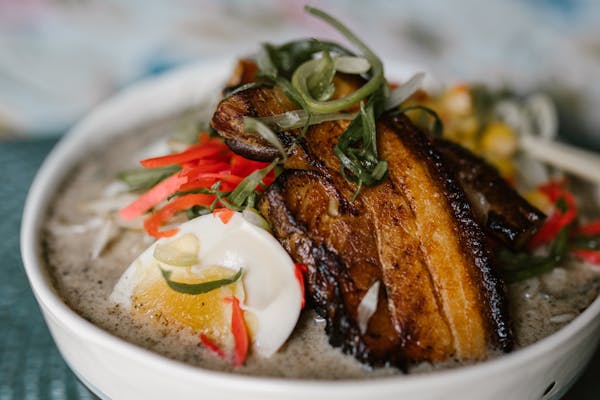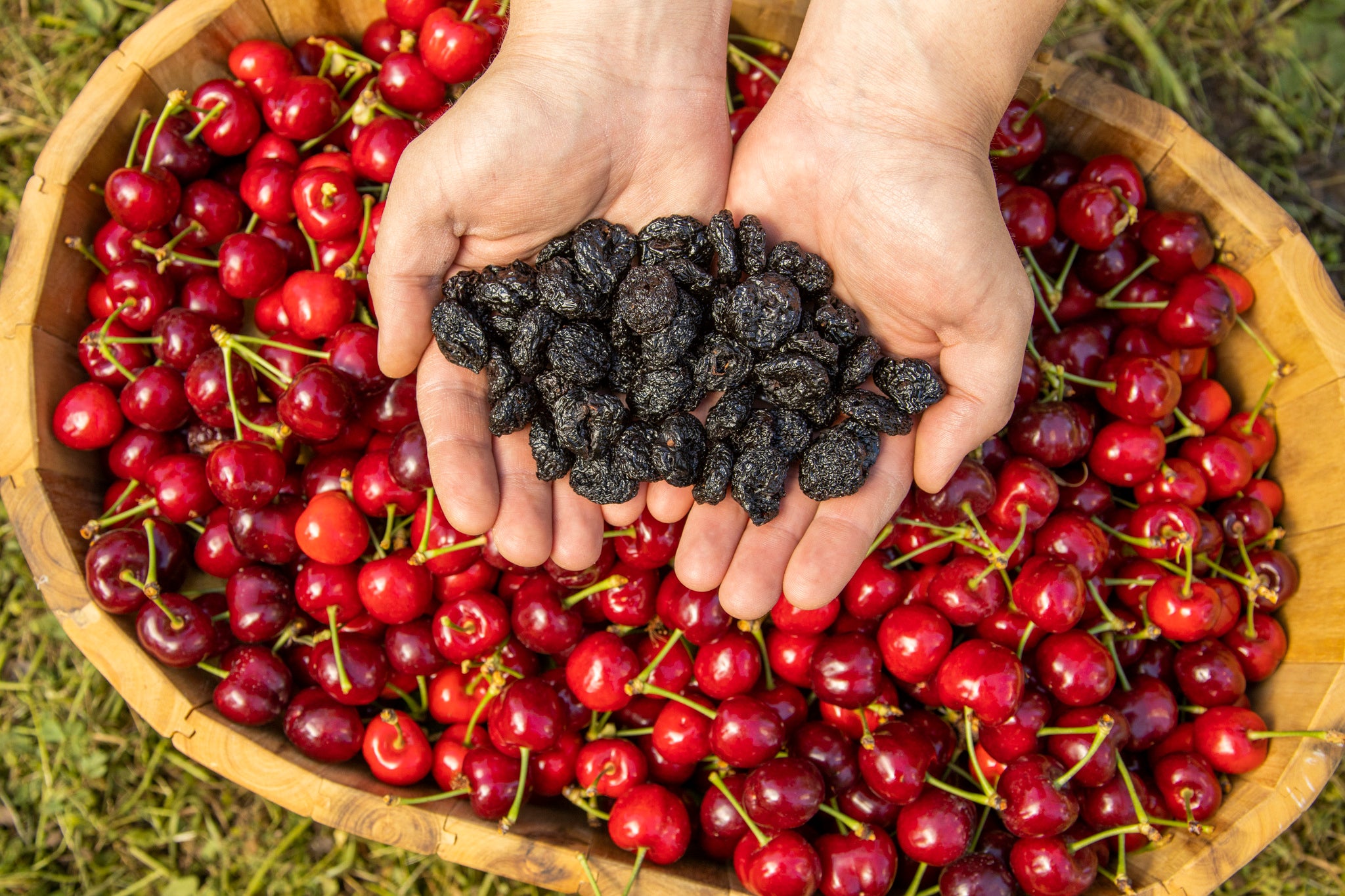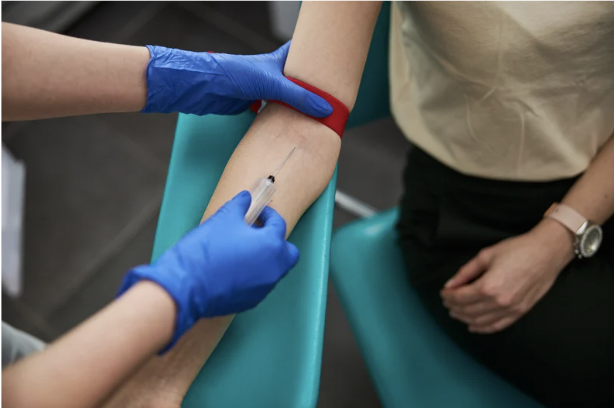International Womens Day 2020: Busting Diet Myths About What To Eat Or Avoid During Pregnancy
Pregnancy is possibly the happiest moment of a woman’s life; it is also a time when you feel responsible for not yourself but also the life you are carrying. Pregnancy is also the phase of life for which you will get unlimited advice, unlimited information from friends, relatives and Google. Some of this is sensible and a lot of it is contradictory and confusing. Choosing the right foods to nourish your body and your baby for health sometimes becomes a mammoth job and a point of stress. So on the occasion of International Women’s Day 2020, here we talk about some common pitfalls that mothers to be fall into.
Eating For Two:
Myth: You are constantly told how you now need to eat for two instead of one and your healthcare provider will ask you to monitor your weight and the baby’s growth at the same time. So need to put on weight but you need to maintain a healthy weight?
Reality: The first trimester doesn’t need extra calories, so extra meals aren’t needed. You need to eat healthy not hearty. Choose lots of fresh food, including whole grains for energy, legumes, nuts and seeds for plant proteins, egg, poultry, lean meat for A-class proteins, adequate milk for calcium, and lots of fruits and vegetables for vitamins minerals and antioxidants. The second and third trimester need more nutrition as the baby starts to grow and develop vital organs. More nutrition not empty calories from sugar and ghee! Eat healthy and choose seasonal foods; and to understand your portion sizes, meet your nutritionist. You never choose quantity over quality.
(Also Read: Eating At Night During Pregnancy May Lead To Weight Gain)
Maintain Weight At Minimum:
Myth: Weight gained during pregnancy is difficult to shed; therefore, some form of weight reduction “diet” is needed. Young mothers are usually under peer and fashion pressure to not put on weight during pregnancy which may have an adverse effect on their own health and the baby’s growth.
Reality: Every pregnancy comes with a healthy weight gain of 11-12 kilos for a woman of normal weight. Your weight is from the baby’s development and an increase in blood products for the baby and delivery. Each person must be aware of their individual weight target as decided by your doctor/dietician. Choosing nutrient-rich foods help you not put on extra kilos while allowing for a healthy you and your baby.

Meals Skipped
Myth: Skipping meals help alleviate pregnancy symptoms like nausea, bloating and indigestion. We usually react to a digestive system in disarray in daily life by skipping meals and think the same works for us during pregnancy.
Reality: Skipping meals may make an expectant mother feel weak and without energy. If your nausea is very bad, speak with your doctor about medications. High carb foods like a jam on toast, small portion of vanilla ice cream, or sweet fresh lemon water may work prevent nausea. You have to see what works and the best way is choosing to eat what you feel like, but in small quantity. Small frequent meals will help you achieve your nutrition goals without overloading your system. Bloating can be controlled with small meals eaten in an upright position and gentle strolls after meals. As the baby grows, eating full meals at one go may be difficult, so frequent meals will make you comfortable.
Loading Up On Sweets
Myth: Because you need to eat more, eating calorie dense sweets like chocolates, ladoos (pinni), and other sweets is fine. Pregnancy is sometimes taken as a ticket to eat anything and everything immaterial of its nutritional value.
Reality: While it is ok to indulge occasionally, daily intake of extra sugars in the form of sweets, juices, jalebis etc. don’t really help as they provide empty calories and no other nutrients. While traditional pinni and panjiri are healthy, extra quantities don’t translate into extra health. So indulge with caution and discretion.

Learning New Eating Habits
This isn’t about myths but just about growing up and learning to eat healthy foods like green leafy vegetables that you may have avoided. GLV are rich in folates, which are crucial for preventing birth defects in babies, so you need to learn to eat good food. Also as a parent you will have to lead by example and teach your child.
Tea As A Drink
Myth: Pregnant women shouldn’t drink tea as it may harm the baby.
Reality: Tea is an excellent source of health boosting antioxidants. Excessive tea consumption can cause acidity and intake of extra sugar calories if you like it sweet; however, 1-2 cups add to nutrient kitty and satisfy your taste buds to.
Gut Health
Myth: It is normal to have an upset digestion during pregnancy and digestion is of least importance.
Reality: Our gut is the largest immune system of our body; a healthy gut means better absorption of nutrients, more health and better protection against infections. Pregnancy is stressful for our physiology and the gut is adversely affected by any stress. Eating fibre-rich foods like whole grains, whole fruits and legumes provide vital nutrients for the baby and the gut. Probiotic-rich foods like dahi, fermented food and drinks like kanji, all add up to take care of the pro and pre biotic needs for a healthy gut.
Pregnancy is a special time in a woman’s life; so this International Women’s Day, let’s celebrate it with busting some myths and doing a reality check.
Wishing all you ladies a healthy and happy International Women’s Day 2020!
About Author: Dr. Rupali Datta is a Clinical Nutritionist and has worked in leading corporate hospitals. She has created and lead teams of professionals to deliver clinical solutions for patients across all medical specialties including critical care.
Disclaimer: The opinions expressed within this article are the personal opinions of the author. NDTV is not responsible for the accuracy, completeness, suitability, or validity of any information on this article. All information is provided on an as-is basis. The information, facts or opinions appearing in the article do not reflect the views of NDTV and NDTV does not assume any responsibility or liability for the same.
About Rupali DattaRupali Datta is a Clinical Nutritionist and has worked in leading corporate hospitals. She has created and lead teams of professionals to deliver clinical solutions for patients across all medical specialties including critical care. She is a member of the Indian Dietetic Association and Indian Association of Parenteral and Enteral Nutrition.





